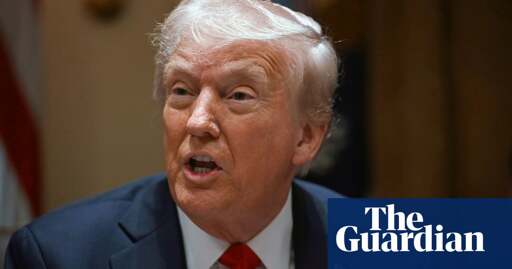Summary
Donald Trump has announced plans to impose 25% tariffs on the European Union, claiming the bloc was “formed to screw the United States.”
While details are pending, he suggested the levies would target cars and other imports. The EU, a major U.S. trading partner, has vowed immediate retaliation, with potential tariffs impacting $29.3 billion in exports.
French President Emmanuel Macron had attempted to dissuade Trump, urging focus on China instead.
Critics, including economists and conservative media, warn the tariffs could harm the U.S. economy.



VAT is a universal tax on goods. A tariff is basically a tax that applies only to imported goods. So a tariff distorts the market, making imports from a region more expensive relative to other regions, or domestic goods.
Note that basically any tax is bad from an economic perspective. However for the government to function revenues must be raised. It is considered better for market efficiency to raise revenues in such a way as to least distort the market. Tariffs are a very distorting instrument, VAT is generally considered less distorting because it affects all parts of the market equally.
To add another example to your great post.
And when there are exceptions, they are based on the type of good. Eg in Australia GST isn’t charged on fresh fruit and vegetables in a grocery store. It doesn’t matter whether an orange was grown in Australia or internationally it will be tax free.
Whereas with a tariff, a orange grown locally will be tax exempt whereas the imported one (from a tariff applied country) will.